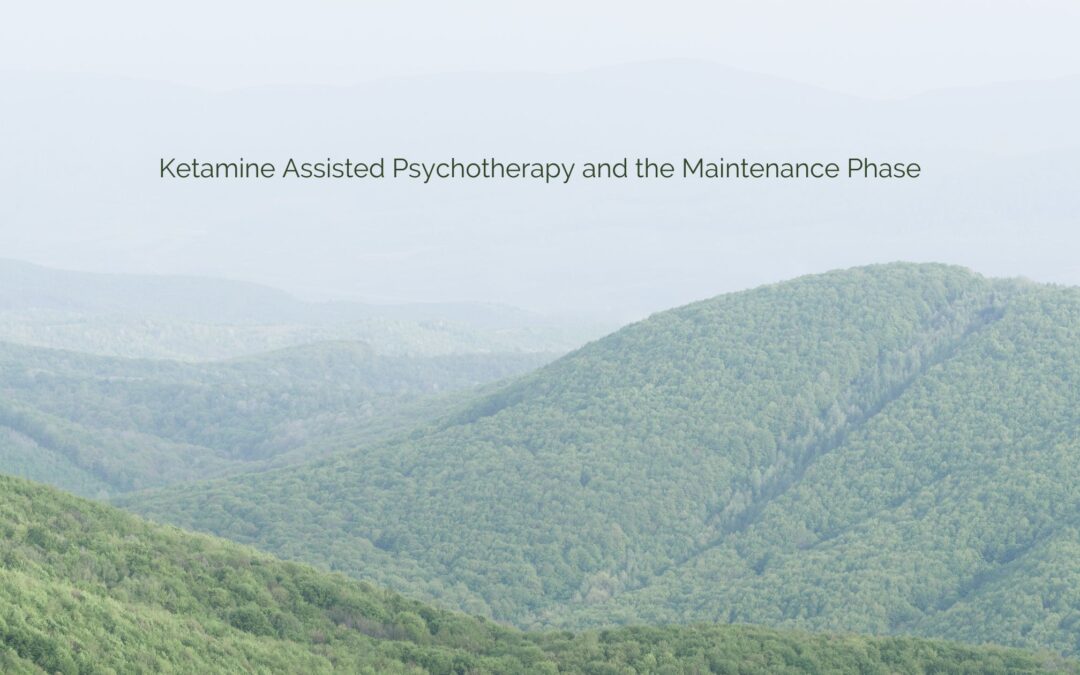There are three phases to Ketamine Assisted Psychotherapy (KAP) at The Catalyst Center. The first phase is the preparatory phase which includes a medical evaluation and a preparation meeting with a Certified Psychedelic Assisted Therapy Provider to ensure you are properly prepared for the treatment experience. The second phase is the active treatment phase and involves participating in a series of ketamine dosing sessions with your therapist and subsequent integration therapy sessions to help process the experiences you are having during the ketamine experiences. The final phase is the maintenance phase, where you can return for occasional KAP booster sessions if symptoms or old patterns begin to return. The maintenance phase is an important but often underemphasized component of maximizing and preserving therapeutic gains. This brief overview helps clarify how the maintenance phase looks and how clients can be attuned to when they might need to consider KAP booster sessions.

Try and be attuned to yourself as best as you can so you can track your progress and remain observant of your patterns over time. When you notice early warning signs that your symptoms are returning, it is important to contact your KAP provider to discuss whether it might be time for a booster course. Growth and healing are ongoing processes, and working with your providers can help you develop a plan for integrating maintenance KAP into your treatment regimen. Much like we take our cars to be serviced or clean out our houses for “spring cleaning,” KAP booster sessions are about an ongoing strategy to work toward optimal mental and emotional wellness. Being attentive to your needs and patterns can go a long way in helping you discern when it might be time to engage in your periodic maintenance course.

Photo Credits:
Photo by Jasper Boer on Unsplash
Photo by Ravi Pinisetti on Unsplash




